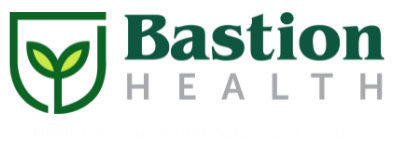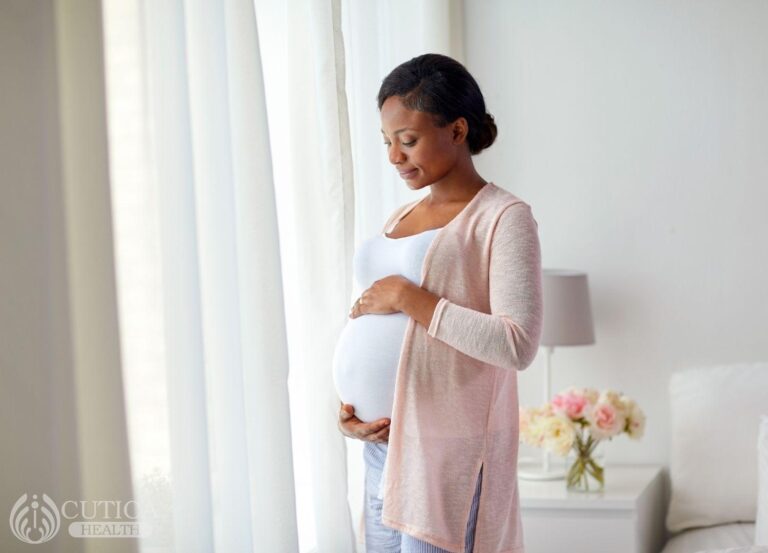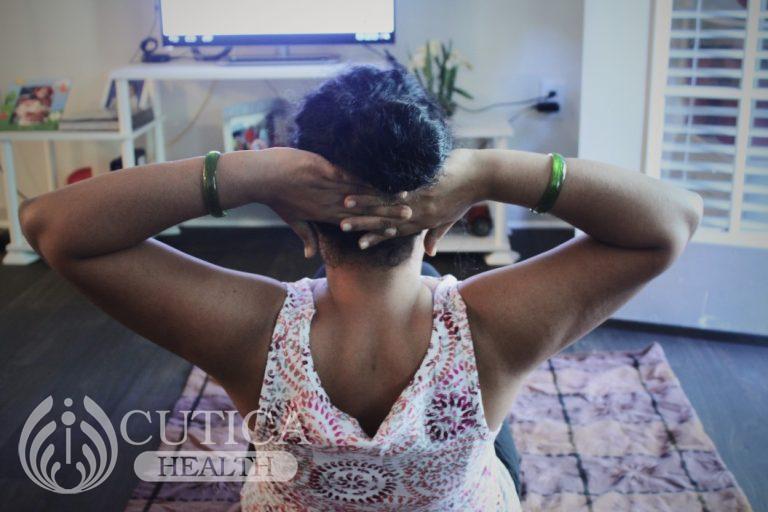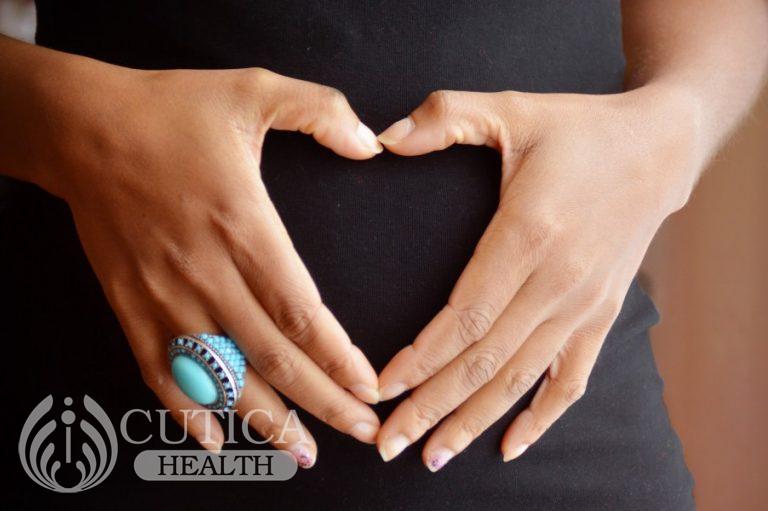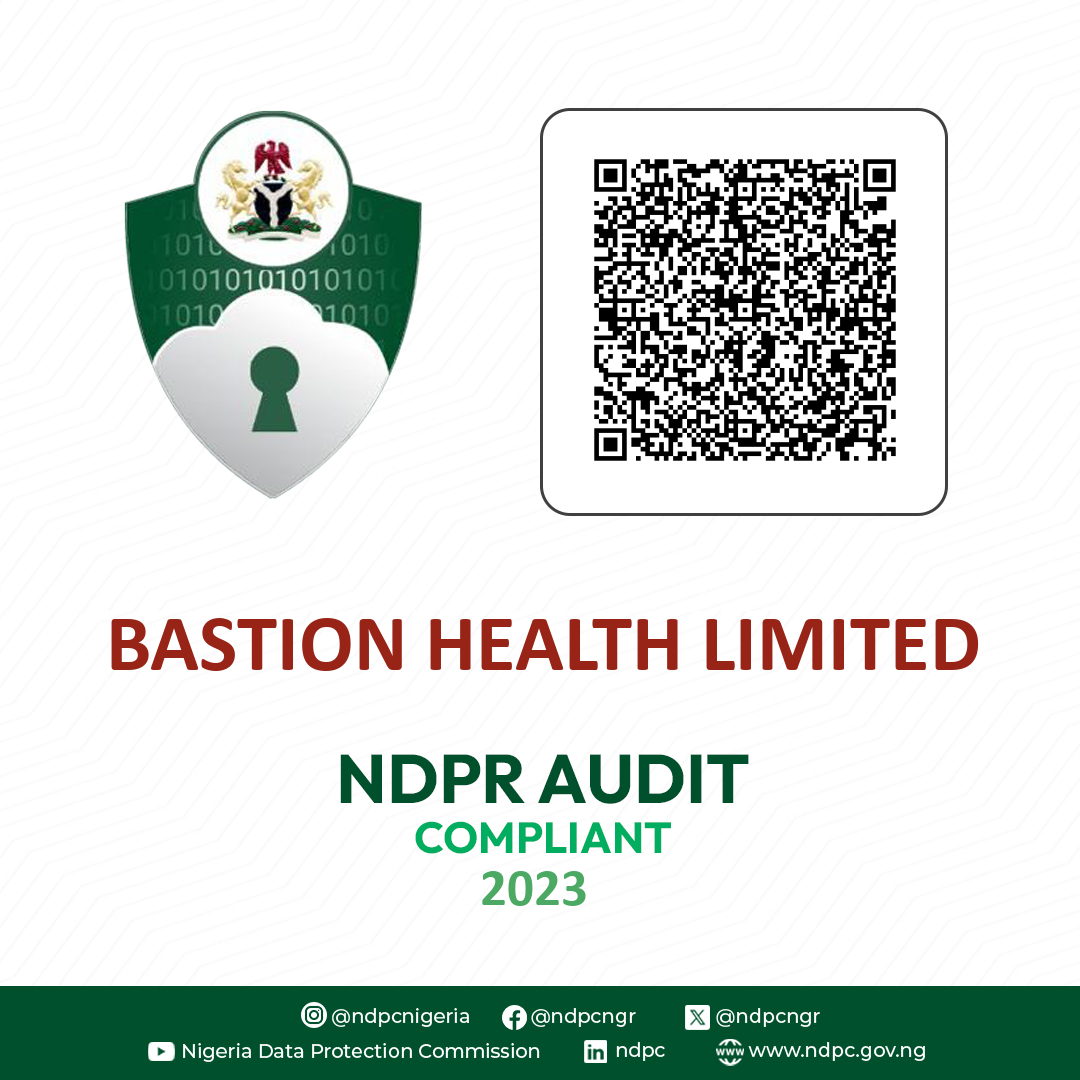Eclampsia: When Blood Pressure Might Be Dangerous in Pregnancy
“Eclampsia! That’s the new word I learnt today, and I will never forget this terrible experience, my sister,” Francisca told her friend. Francisca was admitted two days ago, after she had seizures at 34 weeks of pregnancy. She and her husband were scared they would lose the baby or even lose her too. Fortunately, the doctor recommended an early delivery and her baby is doing fine now in the neonatal unit.
High blood pressure is always something to be concerned about, because of the various risks and complications associated with it. However, when one is pregnant, the risks are both to the mother and the unborn child.
Eclampsia is a rare complication of preeclampsia, a condition where high blood pressure damages vital organs in a pregnant woman. Eclampsia presents with fits or seizures, suggesting involvement of the pregnant woman’s brain. This is a life-threatening situation.
Symptoms of Eclampsia
Usually before a pregnant woman experiences seizures from eclampsia, she would likely experience symptoms of other organ damage caused by the elevated blood pressure. Some of these symptoms include:
- Swelling in the face or hands
- Headaches
- Frothy urine
- Abdominal pain
- Visual problems, including loss of vision or blurry vision
- Difficulty urinating

Symptoms of eclampsia include:
- Seizures or fits
- Muscle pain and cramps
- Loss of consciousness
- Feeling of impending doom
Who is at risk of eclampsia?
Eclampsia usually follows uncontrolled high blood pressure in pregnancy, and there are other factors that could increase your risk of both. These include:
- Gestational hypertension: This is pregnancy-induced hypertension, in which case the blood pressure normalizes after pregnancy
- Being older than 35 years or younger than 20 years during pregnancy
- Pregnancy with twins, triplets, or more
- First-time pregnancy
- Kidney disease
- Diabetes
How does eclampsia affect your baby?
Preeclampsia and eclampsia affect the placenta, which provides nutrient supply and oxygen to an unborn baby. When blood pressure gets uncontrolled, it may damage the blood vessels carrying blood to the baby through the placenta. When this happens, your baby’s health may be at risk. Some of the complications of this include:
- Preterm delivery
- Stillbirth
- Placental rupture or tears
- Growth restriction of the baby
- Breathing problems in the baby upon delivery
- Low birth weight
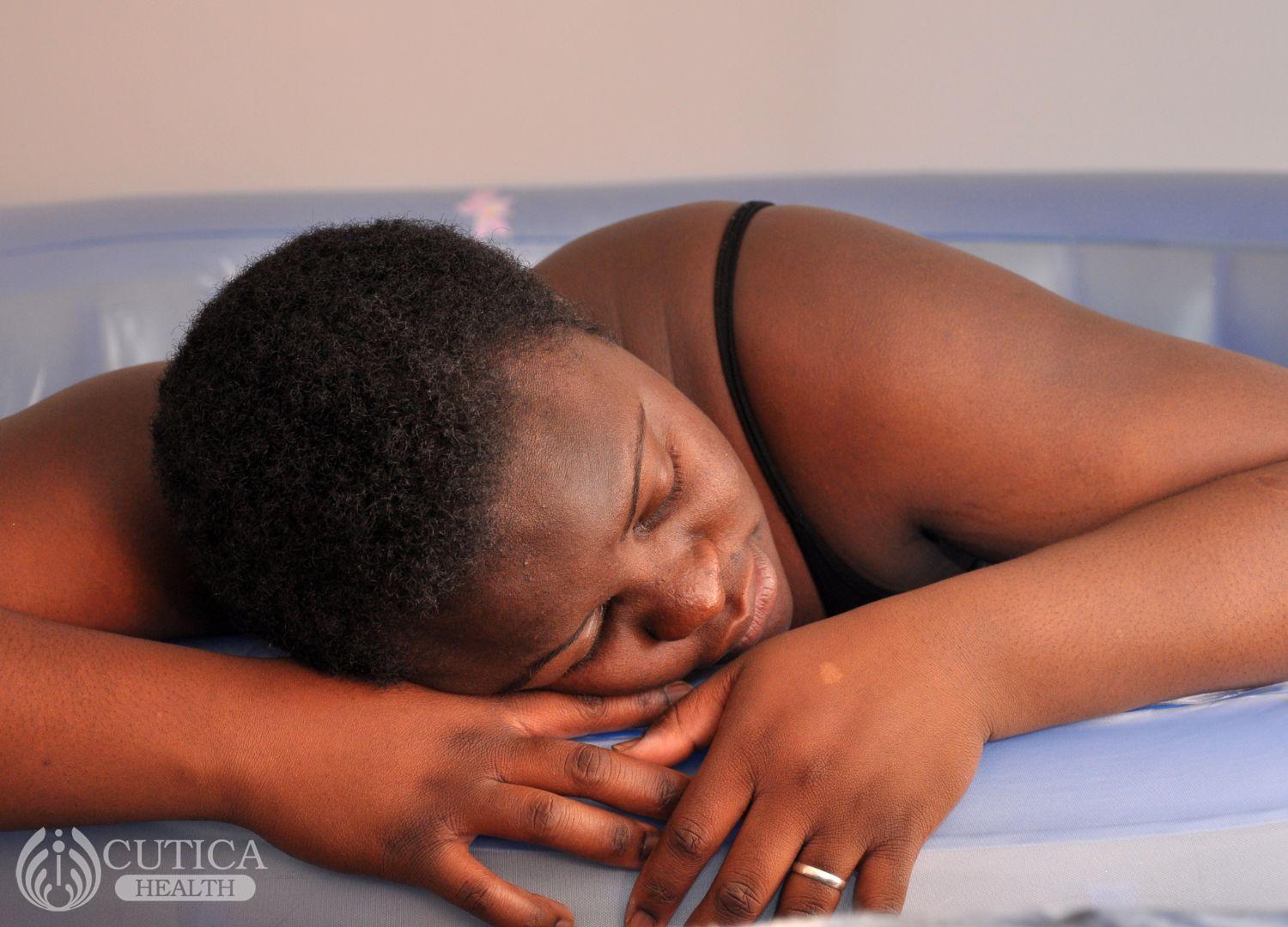
How is Eclampsia treated?
Eclampsia is a medical emergency and doctors recommend certain treatment to stop the seizures and keep the baby safe. Treatment of eclampsia includes:
- Anti-hypertensive medicines to lower the blood pressure
- Medications to stop the seizure
- Early delivery
The only way to cure eclampsia is to deliver the baby early and continue treatment afterward for up to 8 weeks after delivery of the baby because the symptoms could still occur after the baby is born. Allowing pregnancy to continue in a woman with eclampsia puts the mother and baby at severe risks of complications, including death.
